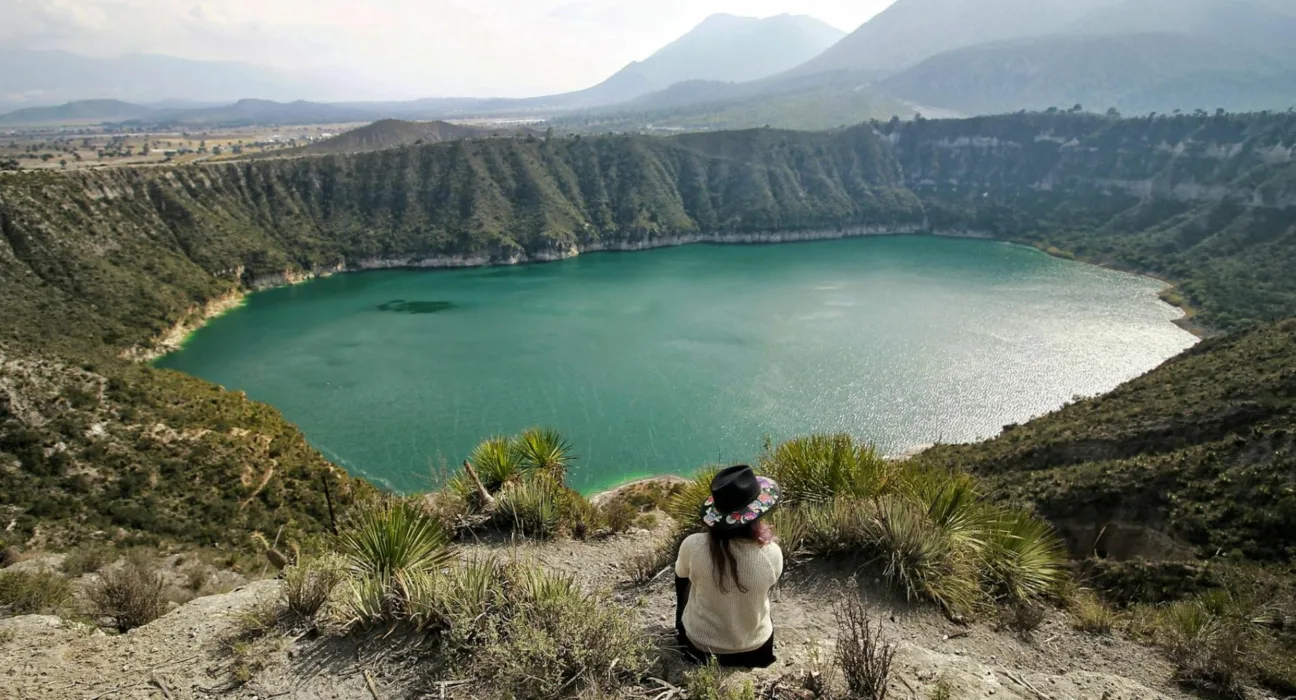Healing through nature involves engaging with the natural environment to promote mental, emotional, and physical well-being. Simply being outside in nature, whether it’s a park, forest, or beach, can lift your mood and reduce stress. Fresh air and sunlight can improve your overall sense of well-being. Taking a mindful walk in nature encourages you to focus on your surroundings. Pay attention to the sights, sounds, and smells around you, which can help you feel more grounded and present. More: 5 basic meditation techniques
Nature engages the mind without tiring it and brings it to life. It calms the mind and energizes it at the same time. Through this connection between the mind and body, nature offers a refreshing rest that revitalizes the entire system.
Frederick
Law Olmsted
It took nearly 150 years, but science has confirmed the idea of healing through nature, with researchers from the Greater Good Science Center leading the way. While most of the research has focused on the U.S., Japan has embraced this science. Since the early 2000s, studies have looked at blood pressure and stress hormone levels, leading to the creation of a medical specialty called forest bathing, in which over a quarter of people in Japan participate.
There are nearly 100 officially recognized forest bathing sites where the benefits have been shown, and guides are available to help visitors make the most of their experience. In Japan, the director of the Ministry of Forestry is a social scientist rather than a botanist, highlighting the country’s commitment to health through nature. People view trees as a resource for mental health rather than just a source of profit. More: Forest bathing as a natural therapy to reduce stress
What benefits can you get from spending time in nature?
Research shows it can lower blood pressure, heart rate, and stress levels. It can also improve your mood, boost your immune function, help you sleep better, and increase your creativity. There are some surprising social benefits, too. During early forest bathing studies, physician Qing Li discovered that after just a few hours in the woods, people’s blood pressure dropped by an average of five points. The benefits didn’t stop when they left the forest; stress hormones remained lower for a week afterward. After three days of spending two hours in nature each day, markers of immune health improved and lasted for a week.

The biophilia theory suggests that since we evolved in nature, our senses and body rhythms work best in that environment. Biologist E. O. Wilson explains that we have an “innate emotional connection” to other living organisms, which helps us feel calm and comfortable outdoors. Nature’s sights, sounds, and smells are our evolutionary “happy place,” allowing us to relax and recharge. Despite the comforts of modern urban life, we lose a part of ourselves when we stray too far from nature. More: How to stop repeating the same mistake and learn from it?
Other scientists support the attention restoration theory. Rachel Kaplan from the University of Michigan notes that nature captivates us with its beauty without overwhelming us. Her research shows that looking at nature scenes helps the brain recover from mental fatigue, unlike urban landscapes.
Emotion scientists like Dacher Keltner also highlight the importance of awe. This feeling comes from encountering something vast and extraordinary, which can lower heart rate and blood pressure, similar to the effects of forest bathing. Awe also promotes positive social behaviors, such as increased generosity and cooperation. This might explain why research shows less violence occurs in low-income housing areas that include trees. More: Cacao powder ceremony: Benefits, origins and more
Here are 7 activities you can try to excel in healing through nature
Spend Time Outdoors Regularly: Make it a habit to be outside in parks, forests, or beaches. Aim for at least a few hours a week to enjoy the fresh air and sunlight, which can boost your mood and reduce stress.


Practice Mindful Walking: Take mindful walks in natural settings. Pay attention to the sights, sounds, and smells around you to help ground yourself in the present moment.
Engage in Forest Bathing: Participate in forest bathing, which involves immersing yourself in a natural environment for relaxation and stress relief. Consider visiting designated forest bathing sites for guided experiences.
Incorporate Nature into Daily Life: Surround yourself with nature as much as possible. This can include keeping plants at home or spending time in green spaces during breaks at work or school. More: Glendalough: Spiritual retreats for prayer and meditation
Limit Screen Time in Nature: Take a break from screens while in nature to fully immerse yourself in the experience. This helps you connect with your surroundings without distractions.
Cultivate a Sense of Awe: Seek out experiences that inspire awe, such as visiting stunning landscapes or observing wildlife. These moments can have positive effects on your mood and promote feelings of generosity.
Journal Outdoors: Bring a journal when you spend time in nature. Write about your thoughts, feelings, and observations to enhance your connection to the environment and reflect on your experiences. More: Discovering the enchantment of Na Pali coast













